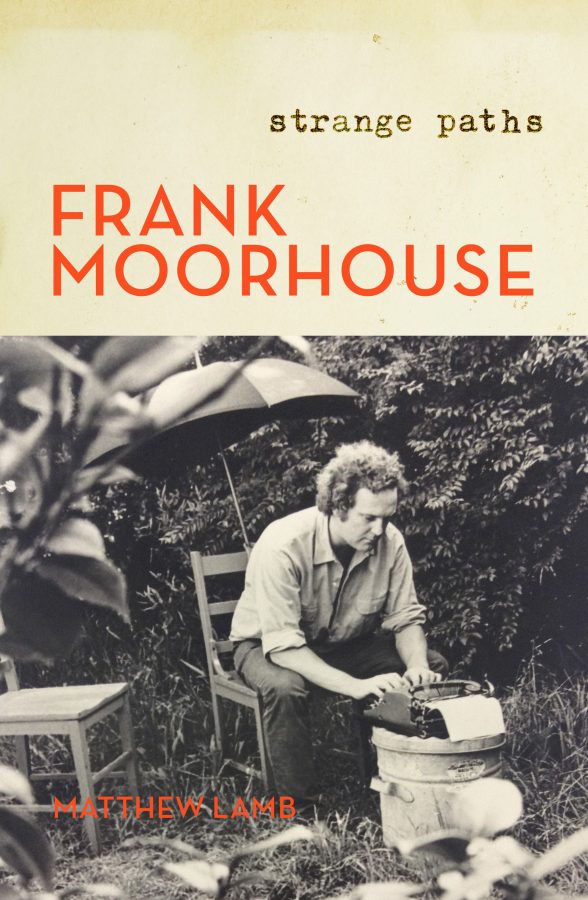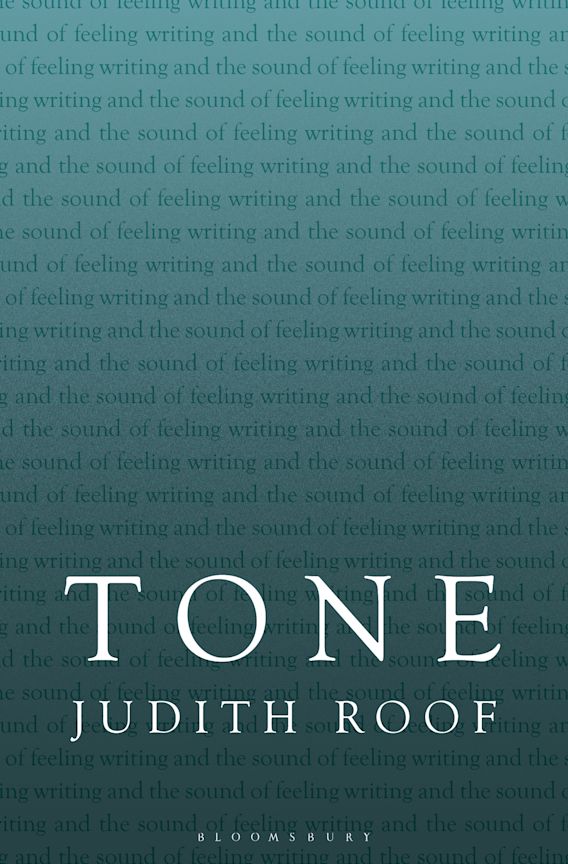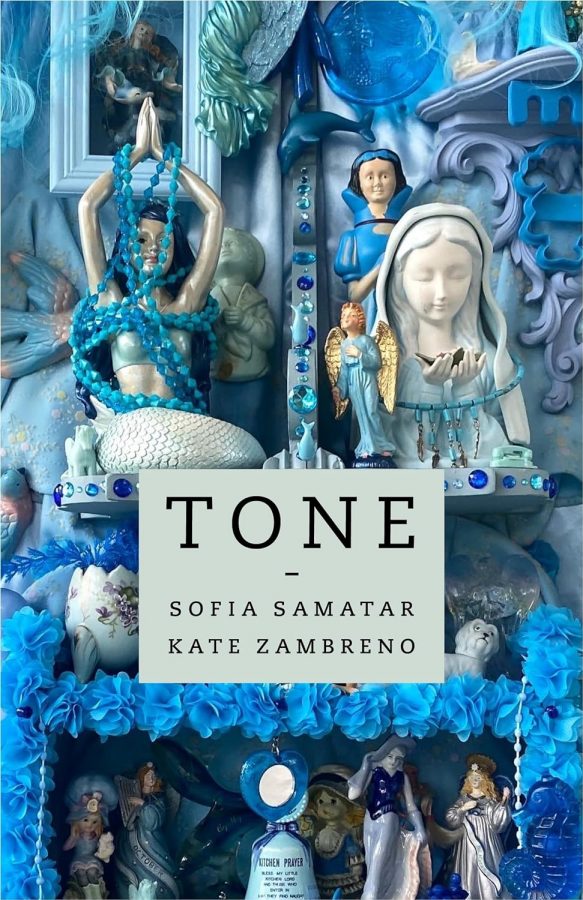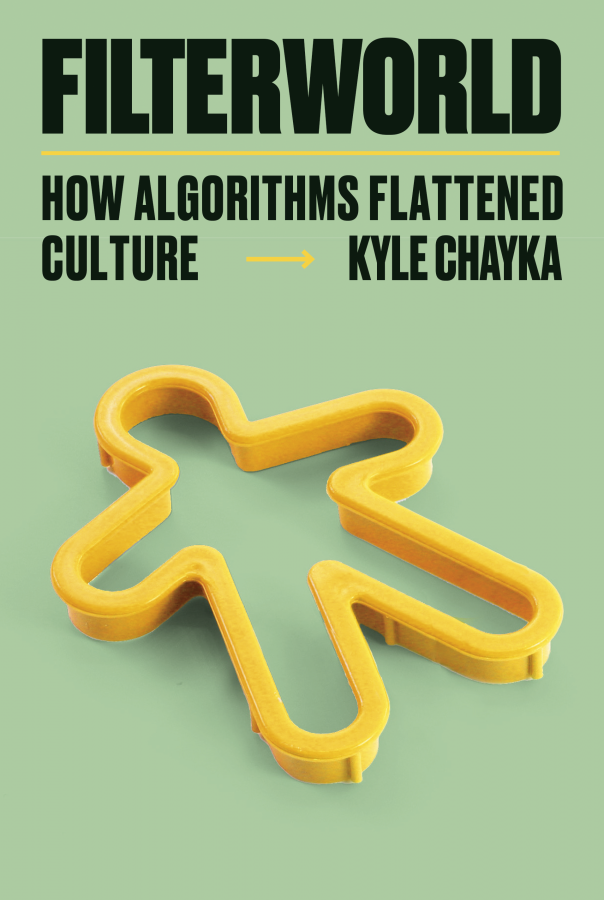Prison administrators routinely ban true crime books, asserting without explanation their threat to the ‘security and good order’ of jails. I discovered this after writing Mayhem, a biography of a near-lifelong prisoner, Christopher ‘BADNE$$’ Binse, and then trying to get a copy to him.
For three months after publication, Binse, who is serving 18 years in solitary confinement, mostly for armed robbery, was told there was ‘no way’ that he would be allowed to read his own life story. My written request for clarification went unanswered. Meanwhile guard after guard and even a manager of Corrections Victoria’s Major Offenders Unit told Binse that Mayhem was a real eye-opening page-turner. Binse himself was just going to have to wait, and – given that his sentence doesn’t expire until 2030 – wait a long time.
Now, however, the general manager of HM Prison Barwon at Lara, outside Geelong, has relented and allowed the paperback into Binse’s solitary cell, where he spends 23 hours of the day. The remaining hour is spent alone in either a ‘common’ room or alone in an exercise cage. But Binse, who is never in the company of other prisoners, has been warned that he is not to share the book with any other inmates.
Prison administrators are fine with free-to-air TV, though. When Underbelly was finally screened in Victoria in 2008, a Victorian Justice Department spokesperson confirmed that prisoners were allowed to watch it: ‘If it’s on TV they have access to TV.’
Same with Ivan Milat specials, news reports of crime and all the current affairs coverage of gangs, drug busts and shootings on the streets.
All fine.
Just not books.
Prisoners generally have a lot less education than those of us who have not been locked up. Around half of the adults who enter prison have at best finished Year 9 compared to less than a fifth of the general population.
Binse, who had a disturbed childhood, didn’t even finish Year 8. Yet as noted by numerous forensic psychologists, he is an intelligent man. He is also quite a promising writer and could do with reading a few halfway decent books about real-life crime and punishment. After all, that’s been his existence for decades. But nah, until now anyway – just TV. And he’s 48 years old.
Let me take you back to July, when the book came out.
The woman I’ve travelled with this morning from Sunshine North in Melbourne’s western suburbs here to Barwon Prison is now cleared to exit the ion scanner at the entrance to the jail’s supermax Melaleuca unit.
Annette Binse, 69, glances back at me through the sci-fi-style chamber and then steps forward into a dingy reception room where guards behind a counter accept cash that people want to deposit into their jailed friends’ or relatives’ spending accounts, and inspect any reading material that they want to leave for them. Annette has $50 to hand over and a copy of the biography that I’ve written of her eternally wayward outlaw son, Christopher.
Buried in a solitary cell somewhere back there is Chris, 47, soon to be 48, one of Australia’s all time wild men of bank-robbing, jail-breaking, prison battles and prisoner activism. He asked his family to cooperate with me on the book, and over the last two years I’ve been trying to comprehend what led to this point. Banned from visiting him and banned from his phone list, I’ve spent countless hours talking to him from third party locations, sucking up only with the details of his decades of crime and punishment, of boys’ home guards bashing him as a 13-year old, of bank raids and jailbreaks, of prison wars and hunger strikes and the use of excrement as full-body warpaint. And I’ve been grappling with ways into the mind and spirit of the boy who began this journey into hell, and with the tortured family circumstances into which this child was born.
I needed to know because I wrote this biography as Chris. Mayhem is in the first person and more: it’s written in the spurt of Chris’ adrenal glands; in his fear and exhilaration and rage and sometimes even his joy. When I first tried to write the manuscript, my room was piled high with supporting information – hundreds of hours of recordings, thousands of pages of police and court documents; mounds of family photos. But after working through his parents and grandparents’ histories and the grim psychic damage that immigrants from second world war Yugoslavia and the Eastern Front brought with them – when I was poised to launch into being Chris – nothing thing much happened, at least not until I opened to a world deeper, higher, lower, faster, slower, wilder and madder than cause and effect.
In order to plug into his drives, I became unhinged, irrational, and crazed. I largely stopped sleeping except when narcoleptic episodes struck. It was physically sickening; I developed abdominal disorders and neck pain so sharp I couldn’t turn my head to change lanes.
But it worked, by most accounts, and I’ve almost recovered. So I’m curious to hear what Chris makes of Mayhem, and soon – because he has repeatedly tried to kill himself in recent months rather than do 18 years in solitary confinement.
Now I step into the ion scanner and wait. Bursts of air hit from multiple directions: puff-puff-puff-puff-puff-puff-puff-puff.
Done – no residue of drugs or explosives on me – so I join Annette in the queue.
The woman ahead of us places on the counter a paperback copy of Bra Boy: Surfer, Fighter, Larrikin, Richie Vaculik’s account of his times in Sydney’s notorious surfer gang, among other things. The guard looks doubtful as she looks down at the hairy tattooed torso on the cover, turns it over, stares for a moment and then pushes it away. She directs the woman’s attention to a print-out listing prohibited types of reading matter. Along with magazines showing nudity, true crime books can’t come in.
So it’s not looking good when it’s Annette’s turn. She plonks Mayhem on the counter. ‘It’s the story of my son,’ she says. The guard serving her gets uncomfortable and starts mumbling about not being sure. Chris has been told informally that he cannot have the book but I wrote to Barwon Prison pointing out that it is his biography and asking for clarification. And if not, why not, I asked.
No reply.
While the female guard stresses a little about what to do, an older male colleague leans over. ‘The answer’s no,’ he says sharply, adding that the edict comes ‘straight from the governor,’ meaning by direct order of the prison’s general manager.
‘What’s the thinking with that? Are you worried it’ll influence him to become a criminal? Bit late for that, isn’t it?’ I ask, recalling Chris’s rampage of armed raids on government-owned financial institutions in what he saw as a guerrilla war against the state.
He stares at me. ‘Mr Thompson, I presume.’
I confirm that’s who I am and tell him that I never got a reply to my letter about this.
‘The answer’s no.’
I start asking why – what’s the justification – but he cuts me short: ‘I’m not entering into a theological debate with you.’
Yet Chris and almost all prisoners, except for those in ultra-stark ‘observation cells’ such as the one Chris recently spent time in after several suicide attempts, have televisions. The inmates can watch whatever’s going, including violent movies, true or otherwise, news reports, and documentaries about Ivan Milat, Martin Bryant or Carl Williams (who was beaten to death in this very prison). But the same topic in a book? Banned.
Maybe I’m biased, given my love for reading and writing books, but I find this unreasonable. And so did the late Justice John Nagle who conducted a landmark Royal Commission into the NSW prison system which exposed the systemic, longstanding brutality and abuse that had fuelled jailhouse unrest and riots in the 1970s.
Released in 1978, Justice Nagle’s report was pessimistic about the public giving a hoot about what is being done to prisoners but nevertheless it contained a long list of recommendations for reform, one was of which was: ‘libraries must be improved in all prisons immediately.’
He called for a professional librarian to be hired by the prisons commission and for jail staff to receive basic librarian training. To Justice Nagle, prisoners had lost their right to freedom for a given length of time but not their right to read and think. In keeping with this, he recommended: ‘Prisoners should be allowed to buy any printed material-including books, newspapers and magazines legally available in the community.’
Ignored.
But nah. And we won’t be having any theological debates about it, thank you very much.
In the three months after Mayhem’s release, Chris reads an extract in the Herald Sun, hears me talking about him on radio programs including ‘Conversations with Richard Fidler’, gets told by prison staff how they’re zooming through it. All the while Barwon’s general manager tells him ‘no way’ can he get his hands on a copy of his life story.
I highlight the absurdity of the ban in every radio interview I give.
But finally I receive a letter from Barwon: ‘I can confirm that Barwon Prison does not typically permit novels of the ‘true crime’ genre to be accepted. However, these matters are considered on a case by case basis and as requested Barwon Prison will allow this book to be sent by yourself to Christopher Binse.’
Chris later says to one of the staff, ‘What – a bit of political pressure, was there?’
‘Something like that,’ comes the reply.
Thank goodness I’m not the only person on the outside who thinks it’s bizarre to routinely ban books. Mind you, this is the unbanning of one book for one prisoner.
And Chris’ reaction to Mayhem? He’s apoplectic – incandescently angry: largely about my inclusion of a fair amount of disturbing material about his violent father and his parents’ catastrophic relationship. Annette told me that much of it would be new to Chris, whom for a few reasons she had never really sat down and unloaded it to. One reason being that, fiercely protective of his late father as he has been, he just wouldn’t believe it.
So he’s on painful territory.
I thought something like this might happen – he’s wound so tight, especially now that he’s in his fifth straight year of solitary – and in my inscription to his copy I asked Chris to please try to read it all and let it settle before reacting. But if you had been unable to live with your dad, disowned by your mum, locked up and beaten by the state at 13, and spent almost all your life since in our dunderhead prison systems – years upon years of which have been spent in solitary – you might be a little volatile, too.
Maybe he’s since smashed the book on the wall or flushed it down the toilet or spat on the damned thing, but at least after three months of pressure this wreck of a human that we keep caged in the deepest abyss of our penal systems was given the right to get angry about how I wrote his biography. To read and feel.





